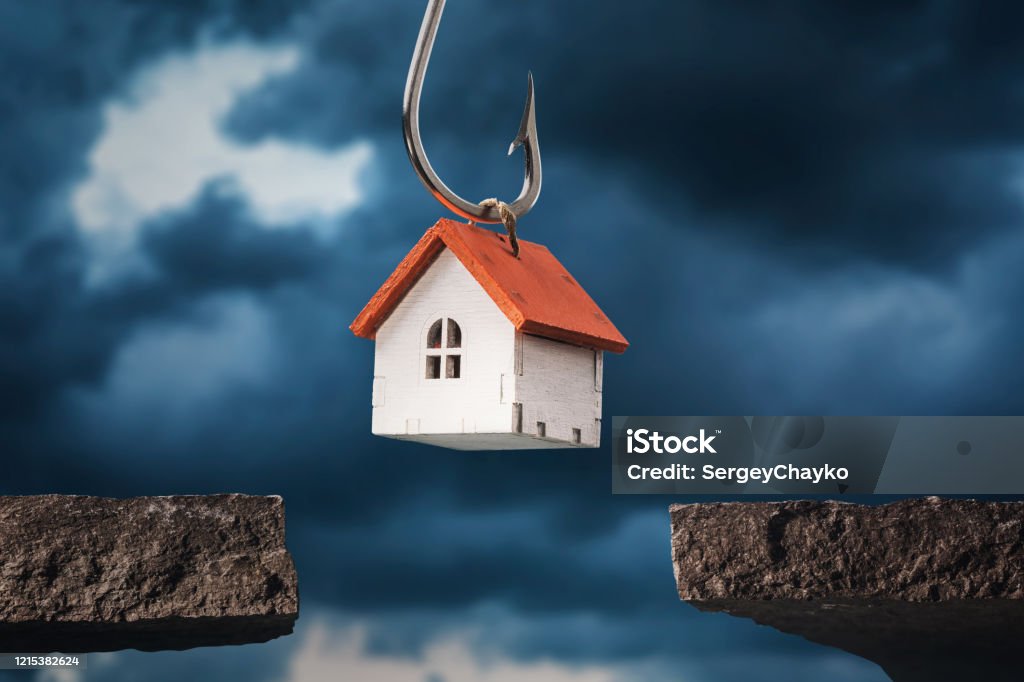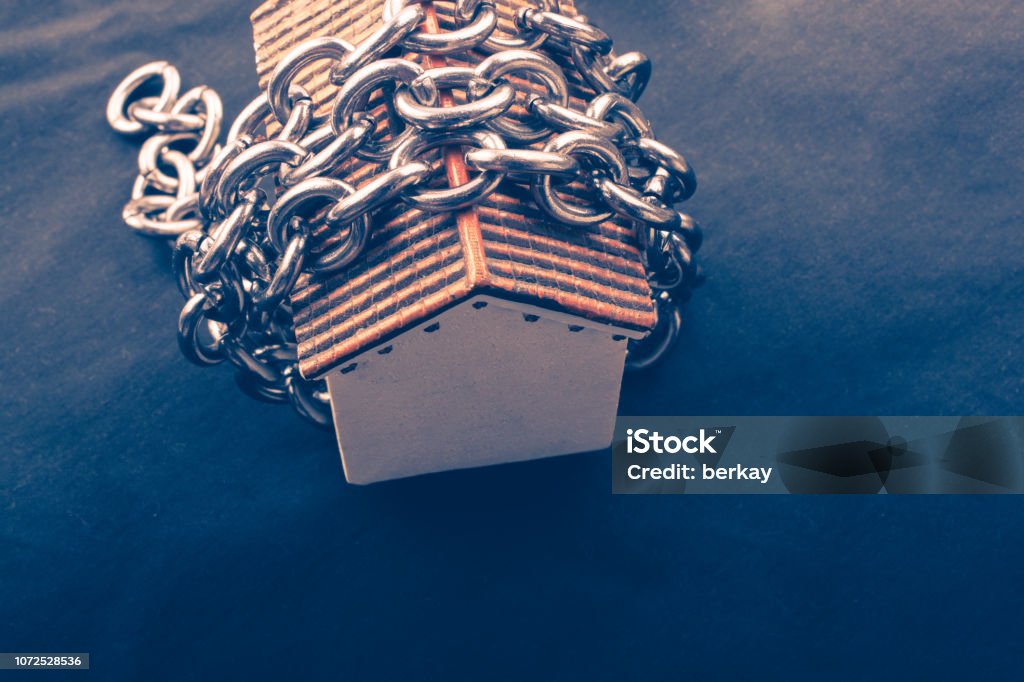Real estate scams are so high and can affect anyone. Kenyans lose up to Kshs 13 billion to scammers yearly. Here’s how to avoid being scammed.
Real estate scams are at an all-time high and can affect sellers, buyers, tenants, and landlords. As people’s desire to acquire land or home has grown over time, so have these scams.
Here is a list of the most common real estate scams, how to spot them, and how to stay away from them so that you can feel confident when purchasing or selling any property in Kenya.
Table of Contents.
- What is a Real Estate Scam?
- Types of Real Estate Scams in Kenya
- How to Identify a Real Estate Scammer
- How to Avoid Real Estate Scams
- How to Report a Real Estate Scam
- FAQ
What is a Real Estate Scam?

A real estate scam involves deceptive practices intended to defraud buyers, sellers, or renters of property. Scammers use various tactics to trick their victims into parting with their money or property without providing the promised return. These scams can range from fake listings and fraudulent documentation to complex schemes involving multiple parties.
In Kenya, where the real estate market is rapidly growing, the prevalence of scams has unfortunately increased. Whether you’re looking to buy land, rent a house, or invest in a property, understanding how these scams work and knowing how to protect yourself is crucial.
Dennkarm Prime Properties Limited is committed to ensuring the safety and satisfaction of its clients. Located in Thigio, Kikuyu, we offer secure and verified real estate opportunities, providing peace of mind for our investors.
Types of Real Estate Scams in Kenya

Understanding the different types of real estate scams can help you recognize and avoid them. Here are some common scams prevalent in the Kenyan market:
1. Fake Property Listings
Scammers create fake property listings online, using attractive photos and descriptions to lure potential buyers or renters. Once a victim shows interest, the scammer demands an upfront payment or deposit, only to disappear once the money is transferred.
2. Title Deed Fraud
This involves the illegal transfer of property ownership through forged or stolen title deeds. Scammers may sell a property using fake documents, leaving the buyer with no legal claim to the property.
3. Bait-and-Switch Tactics
Scammers advertise one property but show a different, usually less desirable one. After convincing the buyer to make a down payment, they switch the property, leaving the buyer stuck with an unwanted purchase.
4. Foreclosure Scams
In foreclosure scams, fraudsters target homeowners facing financial difficulties. They promise to help avoid foreclosure in exchange for a fee but fail to deliver, often exacerbating the homeowner’s financial woes.
5. Phantom Rentals
Scammers advertise rental properties that don’t exist or are not available for rent. They collect deposits and rent from multiple victims and then disappear without providing the promised accommodation.
6. Overpricing Scams
Real estate agents or sellers may artificially inflate property prices to pocket the difference. Unsuspecting buyers end up paying far more than the property’s actual value.
How to Identify a Real Estate Scammer

Recognizing the signs of a scammer can save you from potential losses. Here are some red flags to watch out for:
1. Unbelievably Low Prices
If a deal seems too good to be true, it probably is. Scammers often lure victims with prices that are significantly lower than market value to attract quick interest and prompt hasty decisions.
2. Pressure to Act Quickly
Scammers create a sense of urgency, pressuring you to make quick decisions without sufficient time to conduct due diligence. They may claim there are other interested buyers or that the deal is only available for a limited time.
3. Lack of Proper Documentation
Legitimate property transactions require proper documentation. Scammers may provide incomplete, forged, or no documentation at all. Always insist on seeing original documents and verify their authenticity.
4. Unprofessional Communication
Be wary of poor communication, including unprofessional language, refusal to meet in person, or reluctance to provide clear answers to your questions. Legitimate agents and sellers should be transparent and responsive.
5. Unverified Sellers or Agents
Ensure that the seller or agent is registered and licensed. Scammers often pose as real estate agents or property owners without proper credentials.
How to Avoid Real Estate Scams

Avoiding real estate scams requires vigilance and due diligence. Here are some steps to protect yourself:
1. Work with Reputable Agencies
Engage reputable real estate agencies like Dennkarm Prime Properties Limited. We have a proven track record of honesty and reliability, ensuring that your transactions are secure and transparent.
2. Verify Property Documentation
Always verify the property’s title deed and other relevant documents at the Ministry of Lands or through the Ardhisasa online platform. Ensure the seller has legal ownership and the right to sell the property.
3. Conduct Thorough Due Diligence
Research the property’s history, including past ownership, any encumbrances, and zoning regulations. Dennkarm Prime Properties Limited assists clients in performing comprehensive due diligence to avoid any legal complications.
4. Use Legal Expertise
Engage a qualified lawyer to review all contracts and agreements. A legal expert can identify any irregularities and ensure that your interests are protected.
5. Avoid Cash Transactions
Make payments through traceable methods such as bank transfers or checks. This provides a record of the transaction and reduces the risk of fraud.
6. Inspect the Property
Visit the property in person to verify its existence, condition, and compliance with local regulations. Dennkarm Prime Properties Limited organizes site visits for clients to ensure transparency and satisfaction.
7. Be Skeptical of Unsolicited Offers
Be cautious of unsolicited offers, especially those received via email or social media. Scammers often use these channels to target potential victims.
How to Report a Real Estate Scam

If you suspect that you have encountered a real estate scam, it is crucial to take immediate action. Here are the steps to report a scam in Kenya:
1. Gather Evidence
Collect all relevant documents, communications, and transaction records related to the scam. This evidence will be essential in filing a report and pursuing legal action.
2. Report to the Authorities
Contact the Directorate of Criminal Investigations (DCI) or the nearest police station to file a formal complaint. Provide them with all the evidence you have gathered.
3. Notify Regulatory Bodies
Report the scam to regulatory bodies such as the Law Society of Kenya (LSK) if a lawyer was involved, or the Estate Agents Registration Board (EARB) if the scammer posed as a real estate agent.
4. Inform the Ministry of Lands
Notify the Ministry of Lands about any fraudulent property transactions to prevent further scams and protect future buyers.
5. Seek Legal Counsel
Consult a lawyer to explore legal avenues for recovering your losses and pursuing justice. They can guide you through the legal process and represent your interests.
FAQ
1. What should I do if I suspect a real estate scam?
If you suspect a scam, stop all communication with the suspected scammer and report the incident to the authorities immediately. Gather all evidence and consult a lawyer for legal advice.
2. How can I verify a property title deed?
You can verify a title deed by conducting a search at the Ministry of Lands or through the Ardhisasa online platform. Ensure the title deed is genuine and free from encumbrances.
3. What are the signs of a fake real estate agent?
Signs of a fake real estate agent include unprofessional behavior, lack of proper documentation, reluctance to meet in person, and pressure to make quick decisions. Verify their credentials with the Estate Agents Registration Board.
4. How can Dennkarm Prime Properties Limited help me avoid scams?
Dennkarm Prime Properties Limited provides comprehensive support, including due diligence, property verification, legal assistance, and professional guidance. Our goal is to ensure your investment is safe and profitable.
5. Is it safe to buy property in Thigio, Kikuyu?
Yes, Thigio in Kikuyu is a promising location for real estate investment. Dennkarm Prime Properties Limited offers verified plots for sale in Thigio, ensuring secure and profitable investments for our clients.
6. Can I recover my money if I fall victim to a real estate scam?
Recovering money from a scam can be challenging but not impossible. Report the scam to the authorities, seek legal counsel, and pursue all available legal avenues to recover your losses.
Conclusion
Real estate scams are a significant concern in Kenya, but with the right knowledge and precautions, you can protect yourself from falling victim. By understanding the types of scams, recognizing the signs of a scammer, and taking proactive measures, you can ensure a safe and successful investment journey.
Dennkarm Prime Properties Limited is dedicated to safeguarding your real estate investments. With our expertise, transparency, and commitment to client satisfaction, we provide a secure platform for all your property needs. Whether you’re looking to invest in Thigio, Kikuyu, or any other prime location, we are here to guide you every step of the way.
Read More: 5 Steps to Identify and Avoid Real Estate Scams in Kenya with Dennkarm Prime Properties Limited.Contact Information
- Call or WhatsApp: +254-722-45-45-18 or +254-101-45-45-00
- Email: info@dennkarmproperties.com
- Visit Us: 3rd Floor (Room 301), Muchane Plaza, Kikuyu
Invest with confidence and avoid real estate scams by partnering with Dennkarm Prime Properties Limited. Your safety and satisfaction are our top priorities.



